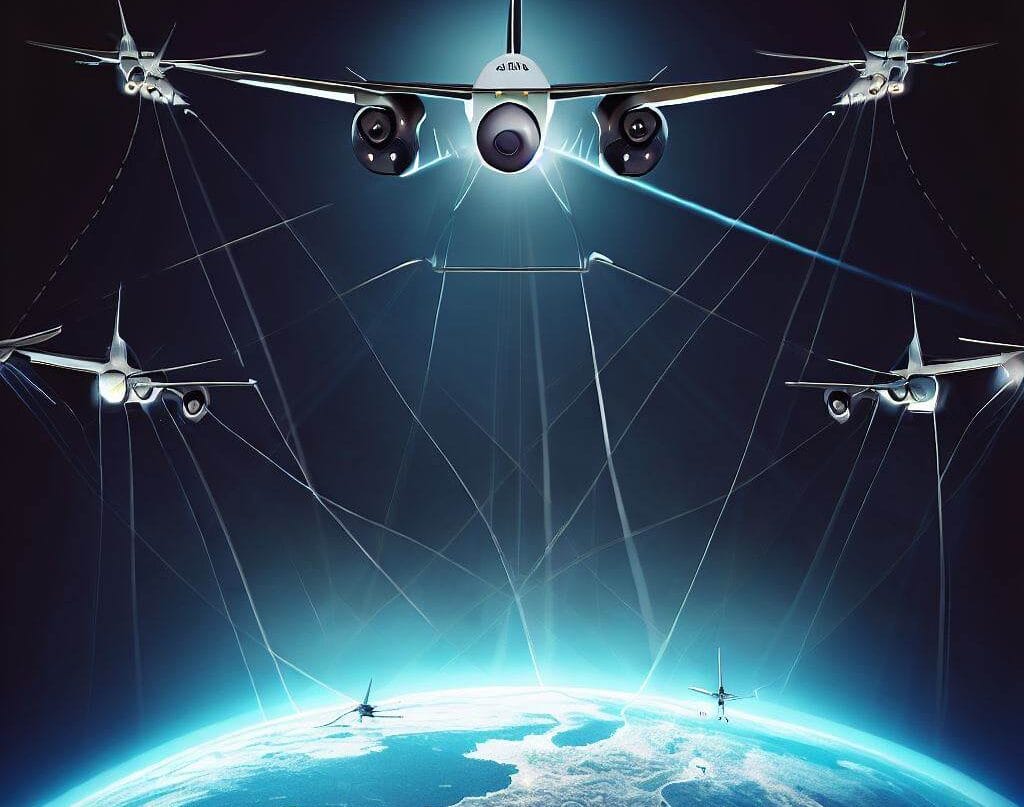Privacy in Global Travel: Tracking and Data Collection across Various Domains

In today’s interconnected world, where technology and data are deeply woven into the fabric of our lives, the concept of privacy has taken on a new dimension. The realm of global travel, which encompasses everything from passports to ride-sharing apps and sea vessels, has witnessed a transformation driven by technology. While these advancements have undoubtedly brought about convenience and efficiency, they have also raised serious concerns about the privacy and security of individuals’ personal data.
Passports: More than Just Identification
Passports have evolved from simple documents for identification and travel permission to sophisticated tools incorporating biometric data. While these enhancements have streamlined border control processes, they have also led to heightened concerns about data privacy. Modern passports often contain biometric information such as fingerprints, facial scans, and even iris patterns. This wealth of sensitive data, if mishandled, can lead to identity theft, tracking, and unauthorized surveillance.
Biometrics: The Biometric Revolution and Its Drawbacks
Biometric technology, encompassing features like facial recognition and fingerprint scanning, has gained prominence across various industries, including global travel. Airports and border control agencies utilize biometrics to expedite security checks and enhance passenger verification. However, the collection and storage of biometric data raise alarm bells about potential misuse. Storing facial scans or fingerprints in databases could expose individuals to identity breaches, and the possibility of these databases being accessed by malicious actors is a pressing concern.
Airline Manifests: Unveiling Passenger Information
Airline manifests, traditionally used to list passengers on a flight, now incorporate extensive personal information. From names and contact details to payment information, manifests contain a wealth of data that could be exploited if it falls into the wrong hands. Furthermore, the sharing of passenger manifests with various government agencies raises concerns about the extent of data surveillance and the potential for profiling travelers.
Automotive and Public Transportation: On the Road to Privacy Invasion
Advancements in automotive and public transportation technologies have introduced new avenues for data tracking. Modern vehicles equipped with GPS and smart systems can record travel patterns, locations, and even driving behavior. Public transportation systems, too, utilize smart cards that log passengers’ travel history and usage patterns. While these data-driven systems aim to enhance efficiency, they inadvertently lead to concerns about surveillance and the potential for third-party access to individuals’ travel data.
Ride-Share Apps: Convenience at a Cost?
Ride-sharing apps have revolutionized urban transportation by offering convenience and cost-effectiveness. However, the proliferation of these apps comes with strings attached. These platforms collect copious amounts of data, including pickup and drop-off locations, travel routes, and payment information. Such data can be monetized, leading to concerns about the privacy of individuals’ travel history and habits being exploited for commercial gain or even surveillance purposes.
Sea Vessels: Sailing into Uncharted Privacy Waters
Even the realm of sea travel has not been immune to the invasion of privacy through data tracking. Passenger information on cruise ships and other sea vessels is often collected and shared with various authorities. While this is done in the name of safety and security, the storage and sharing of sensitive data could have far-reaching consequences if misused or accessed without proper authorization.
The Interconnected Web of Privacy Challenges
What ties these various aspects of global travel together is the intricate web of data connectivity and the potential for data to be linked across different domains. Biometric information gathered at immigration can be cross-referenced with passport data, and travel patterns tracked through various modes of transportation can build a comprehensive profile of an individual’s movements. This interconnectedness underscores the need for stringent privacy safeguards and regulations that extend across all aspects of travel.
Navigating Towards Privacy Protection
The urgency to protect individuals’ privacy in the realm of global travel cannot be overstated. Governments, regulatory bodies, and technology companies must work collaboratively to strike a balance between the benefits of data-driven advancements and the potential risks to personal privacy. This includes implementing robust encryption techniques, adopting stringent data handling and storage protocols, and ensuring transparent practices when it comes to collecting, sharing, and monetizing travel-related data.
In a world where technology continues to shape how we traverse the globe, safeguarding personal privacy should remain a priority. Striking the right balance between convenience, security, and privacy will define the future of global travel, ensuring that individuals can explore the world without sacrificing their fundamental right to data privacy.
